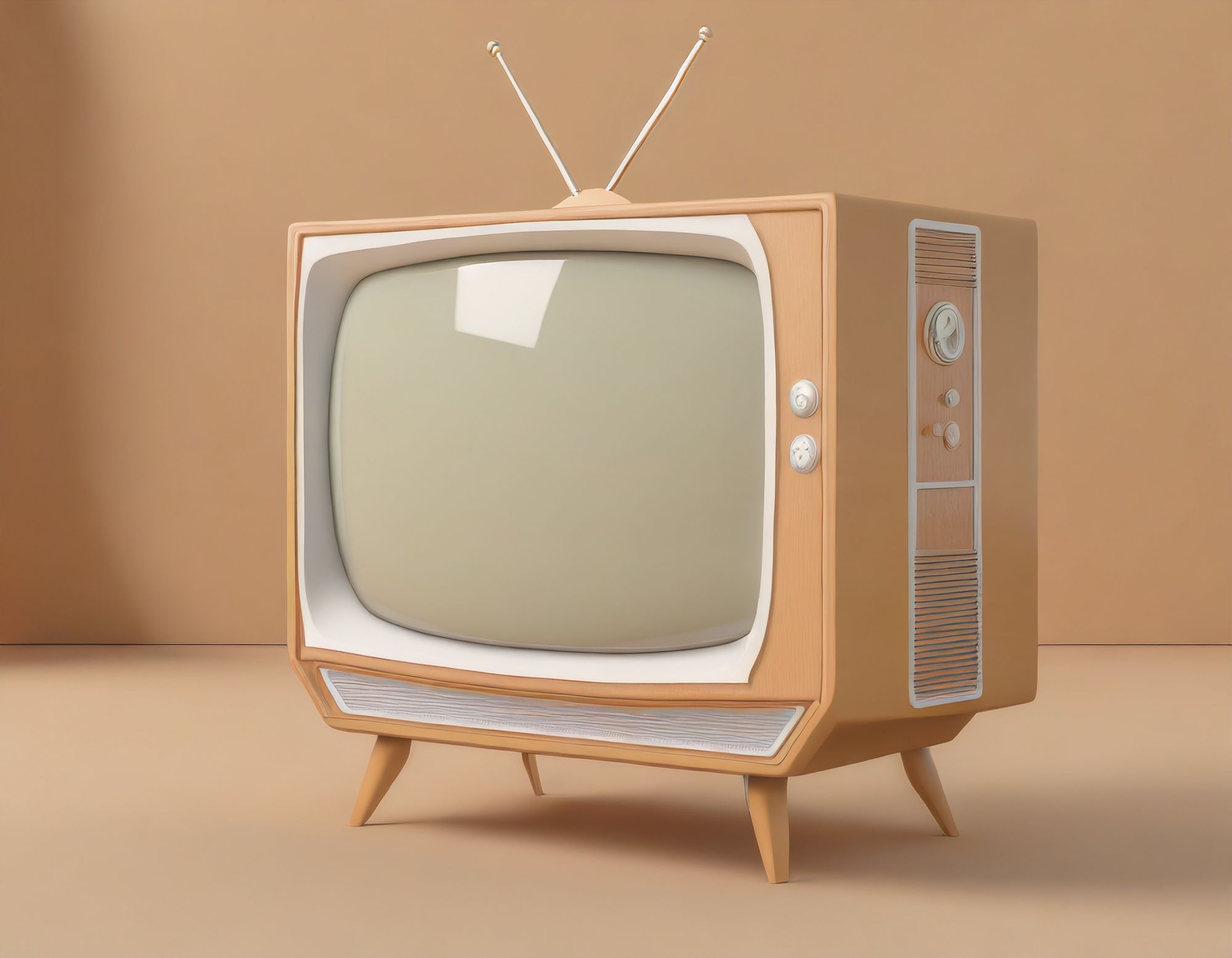The world of digital illustration has come a long way, with a rich history that has transformed the way we create and appreciate art in the modern era.
Historical Milestones
- “The establishment of digital art galleries in the late 20th century marked a significant shift in recognizing digital illustrations as legitimate art forms.” – Sarah Johnson, Art Historian
- The turn of the 21st century brought about a digital revolution, with artists increasingly adopting digital tools to create innovative and boundary-pushing illustrations.
- “Today, digital illustrations are at the forefront of modern art, embraced in various forms from concept art in the film industry to digital comics and web design.” – John Davis, Digital Artist
Early Innovations

Emergence of Computer Graphics
In the mid-20th century, computer scientists and artists began experimenting with early computer technologies to create digital images. These innovations laid the foundation for the digital art we know today.
The Sketchpad Software
In the early 1960s, Ivan Sutherland developed “Sketchpad,” an innovative software that allowed users to draw and manipulate digital images using a light pen, effectively becoming one of the earliest forms of computer-aided design.
The Advent of Digital Art

Pixel Art and Early Graphics
As computer technology advanced, the 8-bit and 16-bit eras of gaming brought pixel art to the forefront.
These early digital illustrations laid the groundwork for the pixel art aesthetics seen in retro games.
Rise of Digital Art Software
The late 20th century saw the emergence of digital art software like Adobe Photoshop and Corel Painter, making it more accessible for artists to create digital illustrations.
Conclusions
In conclusion, the history of the first digital illustrations in the modern era is a testament to human creativity and technological innovation.
From the early computer experiments to the digital art renaissance of today, digital illustrations have become a fundamental and respected form of artistic expression.





